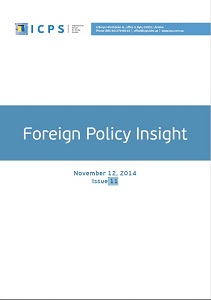
Foreign Policy Insight, Issue 2015 - 22
Foreign Policy Insight, Issue 2015 - 22
Reforming the UN Security Council and the position of Ukraine.
More...
Reforming the UN Security Council and the position of Ukraine.
More...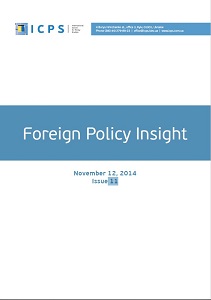
Keywords: Crimean Tatars; the Russian-Ukrainian conflict; Civil war in Syria; Nagorno-Karabakh conflict; “Turkish Stream”;
Turkey: a friend, a partner, a competitor?
More...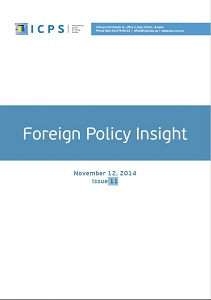
Keywords: “Russian world”; Conflict between Ukraine and Russia; Common threat;
Ukraine and Belarus: attempts to elaborate common positions against a backdrop of the Russian-Ukrainian conflict
More...
Keywords: Polish-Ukrainian relations; Russian-Ukrainian conflict; Economic development;
Ukrainian-Polish affairs: challenges and opportunities
More...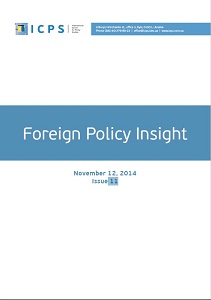
Keywords: European integration; Visa-free regime; The Association Agreement;
Ukraine-EU Summit: What will save European integration of Ukrane?
More...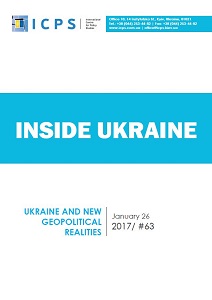
Public Policies // Economic Analysis // Political Competition
More...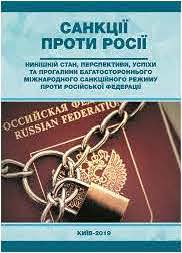
Keywords: Anti-Russia Sanctions;
Economic, diplomatic and other sanctions have become a standard tool for international policy. The states that implement them use sanctions as an instrument of pressure to influence the geopolitical decisions of the government of the country against which they are directed. In 2014, in response to Russia's annexation of Crimea and the conflict in the east Ukraine, the United States, the EU, Canada, Australia and other countries have imposed sanctions againstthe aggressor. Russia has become the largest and most influential country against which such harsh sanctions have been imposed. Despite Russia's important position in the international arena, the US and the EU have stated that they will not lift sanctions regime until Russia’s implementation of the Minsk Agreements and the return of the Crimean peninsula.
More...